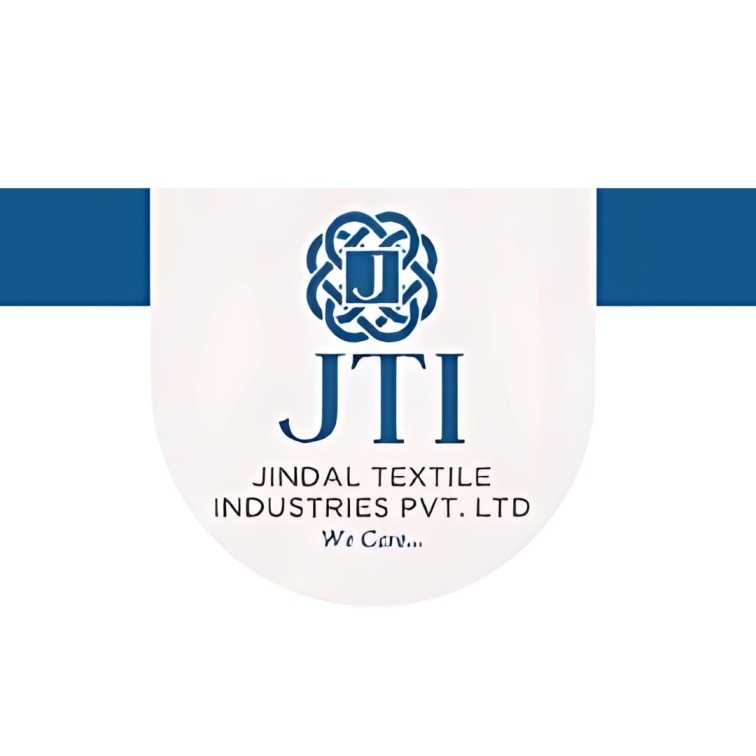


India has a long and proud heritage in wool production, with skilled artisans
India has a long and proud heritage in wool production, with skilled artisans and advanced textile technology shaping the country’s reputation in the global market. Today, wool manufacturers in India play a significant role in meeting both domestic and international demand. However, the industry faces unique challenges while also standing at the threshold of new opportunities that can drive growth.
From high-quality apparel to home furnishings, India’s wool sector is diverse and dynamic. Renowned companies like Jindal Textile have contributed significantly to the growth of the sector, positioning themselves among the most reliable wool suppliers in India. These manufacturers produce a variety of products, including wool yarn, fabrics, and blended materials, catering to fashion brands, knitwear producers, and industrial clients worldwide.
While the industry has enormous potential, wool manufacturers in India face certain challenges that must be addressed to maintain competitiveness.
One of the primary concerns is the volatility in raw wool prices. Since much of India’s high-grade wool is imported from countries like Australia and New Zealand, global price changes directly impact the cost for wool yarn suppliers and manufacturers.
The rising popularity of synthetic alternatives has impacted demand for natural wool. These cheaper substitutes are widely available, making it harder for wool textile manufacturers to compete purely on price.
While India produces a substantial amount of wool, the majority is coarse and better suited for carpets rather than fine apparel. This means many wool suppliers depend on imports for high-quality fibres.
With global buyers increasingly prioritizing sustainable sourcing, manufacturers are under pressure to adopt eco-friendly processes. For a recycled wool supplier, this is an opportunity, but it also requires significant investment in technology and processes.
Despite India’s rich textile heritage, there is a need for advanced machinery and training in modern spinning, dyeing, and finishing techniques to meet global standards.
Even with these challenges, the wool sector in India has promising opportunities if companies adapt to market trends and innovate.
The fashion industry is seeing a revival in natural fibres due to consumer interest in sustainable fashion. This presents a golden opportunity for wool yarn suppliers to expand their reach in export markets.
As consumers become more environmentally conscious, demand for products from recycled wool suppliers is increasing. Companies like Jindal Textiles are already tapping into this market, offering eco-friendly wool options without compromising quality.
Online platforms have made it easier for wool suppliers in India to connect with global buyers directly. By leveraging digital marketplaces, even smaller manufacturers can showcase their products worldwide.
Initiatives promoting the textile sector, including subsidies for technology upgrades and skill development programs, can help wool textile manufacturers modernize operations.
By focusing on high-end and specialized products like merino wool apparel, organic wool yarn, or designer home décor items, wool manufacturers in India can target premium markets with better margins.
Jindal Textile is a prime example of how innovation and tradition can go hand in hand. As a trusted wool yarn supplier and recycled wool supplier, the company combines advanced manufacturing techniques with sustainable practices to deliver world-class products. By investing in modern machinery, quality testing, and eco-friendly production, Jindal Textile meets the growing demand for both traditional and recycled wool products across domestic and international markets.
The journey for wool manufacturers in India is one of balancing tradition with innovation. While challenges such as raw material costs, synthetic competition, and skill gaps exist, the opportunities in sustainability, niche markets, and global exports are immense. Companies like Jindal Textiles are already setting benchmarks in quality and environmental responsibility, proving that the Indian wool industry can thrive in a competitive global market.
For wool suppliers, wool yarn suppliers, and recycled wool suppliers, the road ahead is filled with potential. By embracing technology, sustainable practices, and global market trends, India’s wool sector can weave a stronger, more prosperous future.
